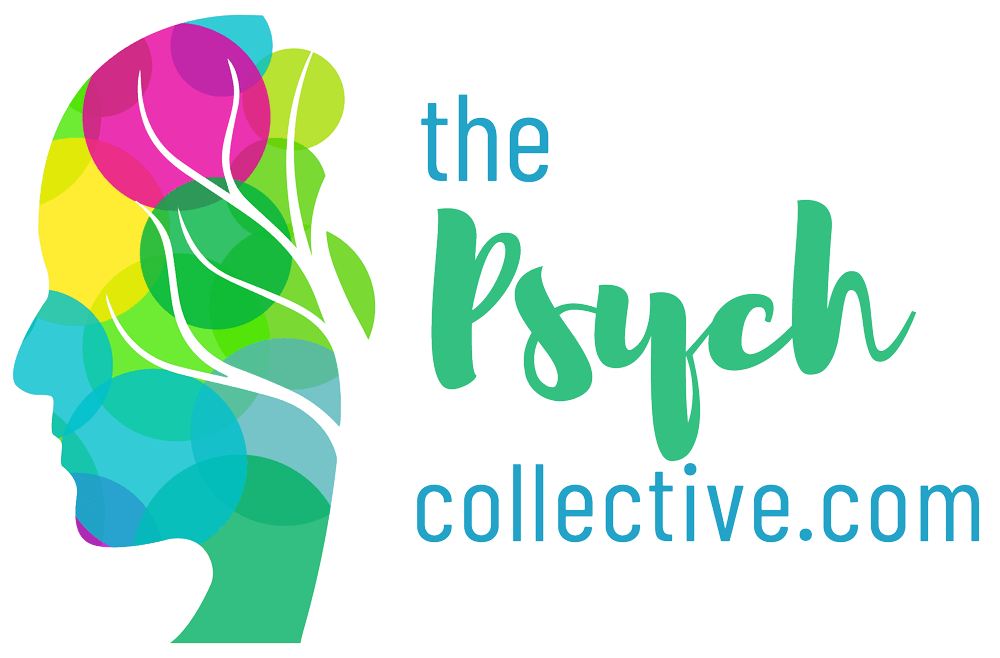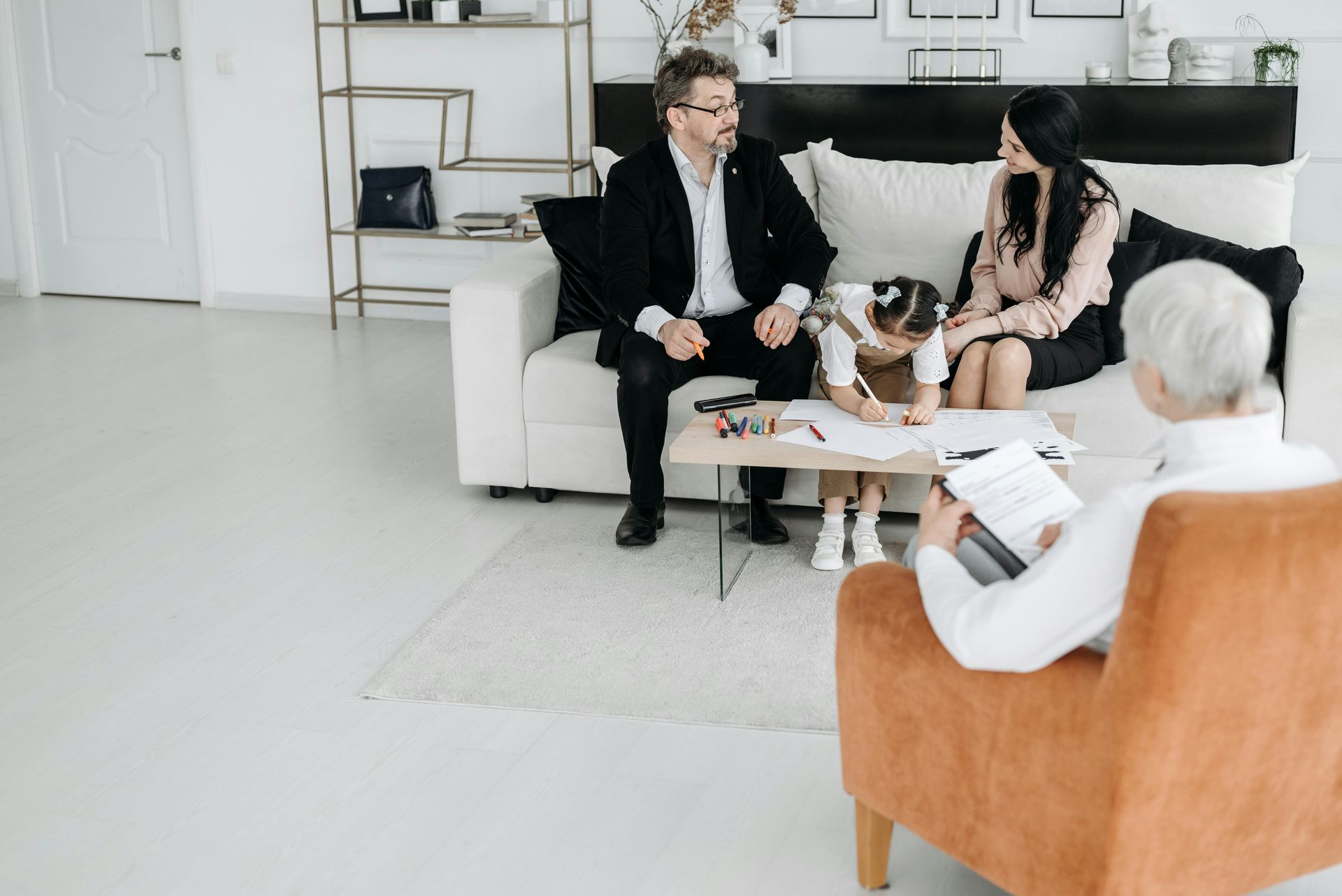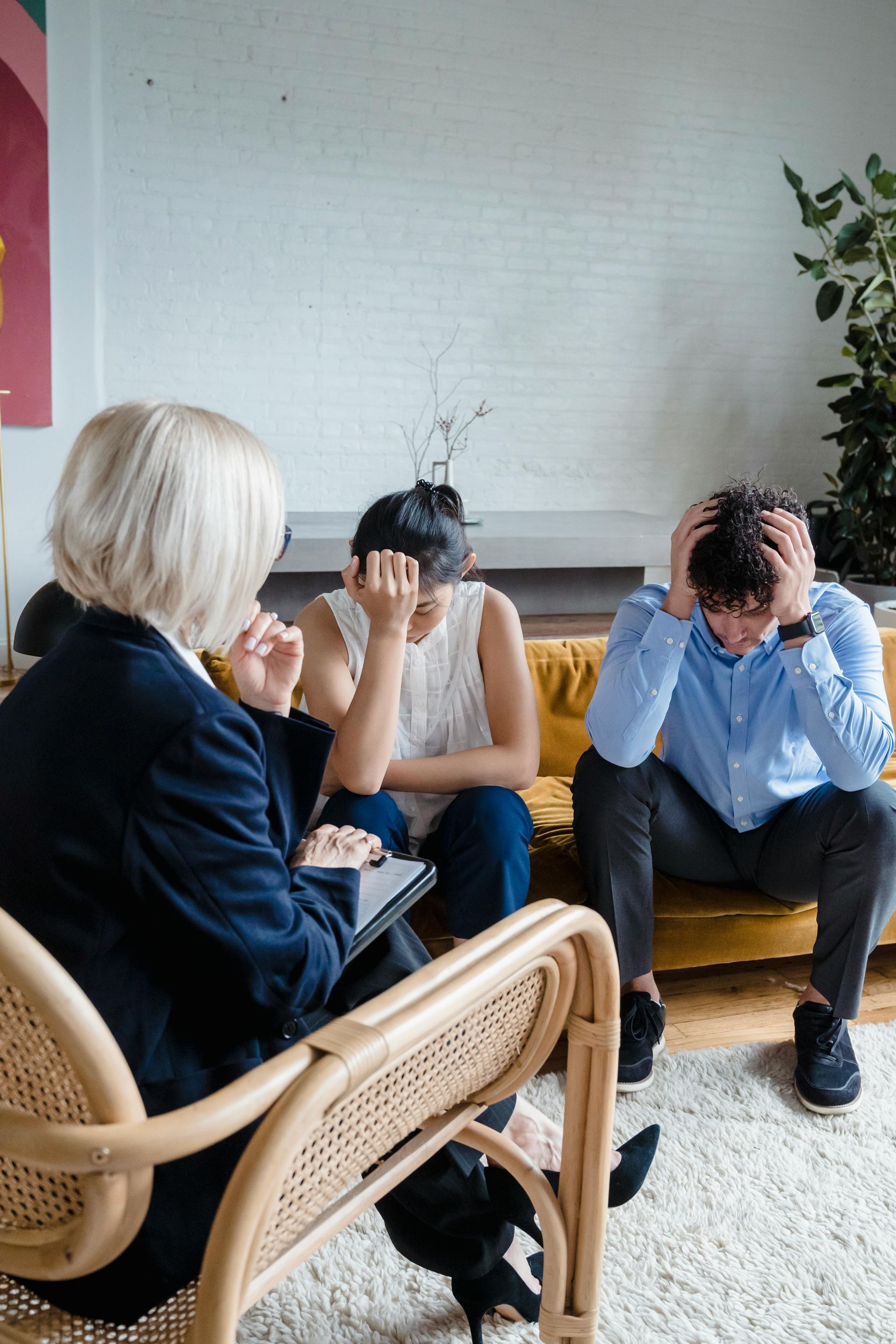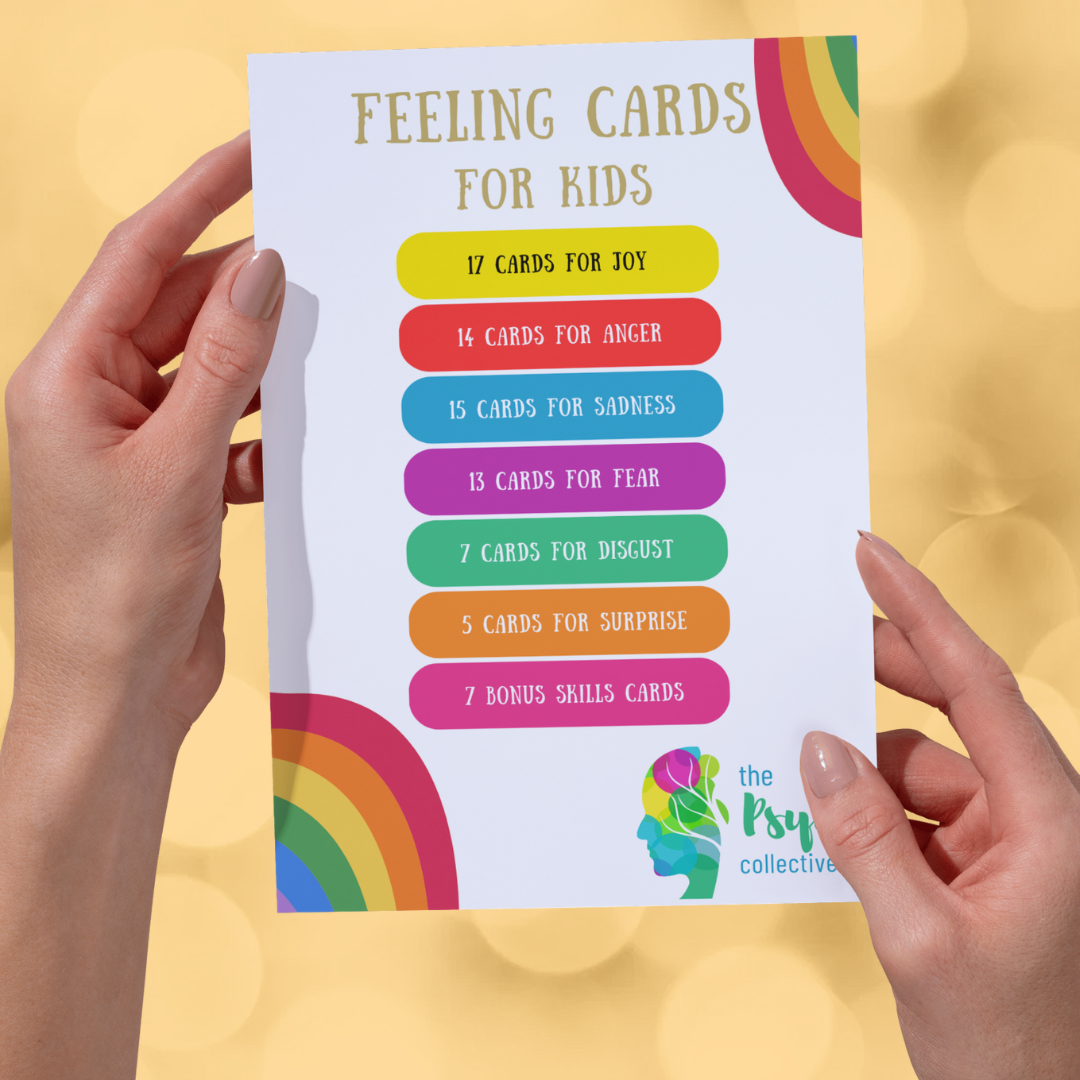Comfort
The role of comfort: Comfort is a place to go to when you need some refuge or are overly taxed or need some recovery or to sleep. And that’s fine.
Constant Comfort: In the modern Western world, constant states of comfort are more accessible and some people act to avoid all discomfort as much as they possibly can. And that’s not fine.
The spectrum and outcomes of Comfort/Discomfort:
Comfort is for recovery and for the consolidation of the gains that stem from situations of Tolerable Discomfort. If you exercise a muscle (tolerable discomfort) it needs a period of recovery (comfort) in order to grow. But, constant comfort (inactivity) results in regression: the muscle shrinks. If you overdo it (severe/injurious discomfort) you may damage the muscle and the muscle shrinks.
Let’s consider another physical example:
- Avoiding exercise makes activity feel harder. People become weaker and feel weaker and become less energetic. People are then prone to remain sedentary. Becoming overweight becomes likely, especially factoring in other effort comfort factors like “easy” meals and comfort eating. So constant physical comforts are often detrimental.
Let’s considers some psychological examples:
- Anxieties may lead to avoidance, because facing anxiety is uncomfortable. Avoidance robs us of the opportunity to overcome anxieties because we don't get the opportunity to act courageously and consequently our capacity to be courageous diminishes. Then our proclivity to anxiety grows. This also means our world starts to shrink.
- Some sensitive people are very prone to Distress and sometimes they use alcohol or sedatives to numb those uncomfortable feelings, rather than learning skills to deal with the feelings. The substances numb the emotional pain, so rapid comfort reestablished. But the substance can cause harm and we pay interest on the sedation by being more sensitive when the sedation wears off. So we don't learn how to manage the feelings and instead intensify our sensitivity to experience difficult emotions when the substances wear off.
There’s another major downside to seeking constant comfort: the erosion of self-discipline. Discipline is how we get things done. Persons who tend to indulge in constant comfort don’t get the opportunity to practice being disciplined.
People often talk about not feeling motivated, “I’ll do xxx when I feel motivated”. Motivation comes and goes, but discipline will make you get things done despite the absence of comfort. If you only act when motivated (comfortable to act) you sacrifice the future for the present. Discipline is a state of Tolerable Discomfort.
Seeing constant comfort / forsaking discipline will impede personal growth and restrict potential. Getting out of your comfort zone and leaning into discomfort will potentiate your capacity for discipline, expand your strength, your potential and your outcomes.
The effect of leaning into discomfort and becoming disciplined comes with an important shift of self-identity to “I am someone who can do difficult things and can get things done”. Then you will get things done and you will grow in capability.
Share
Categories
About Our Resources
We offer actionable resources and teach real skills to help people make meaningful change in managing mental health issues through different modes depending on people's learning preferences including infographics, text, worksheets, handouts and video.
